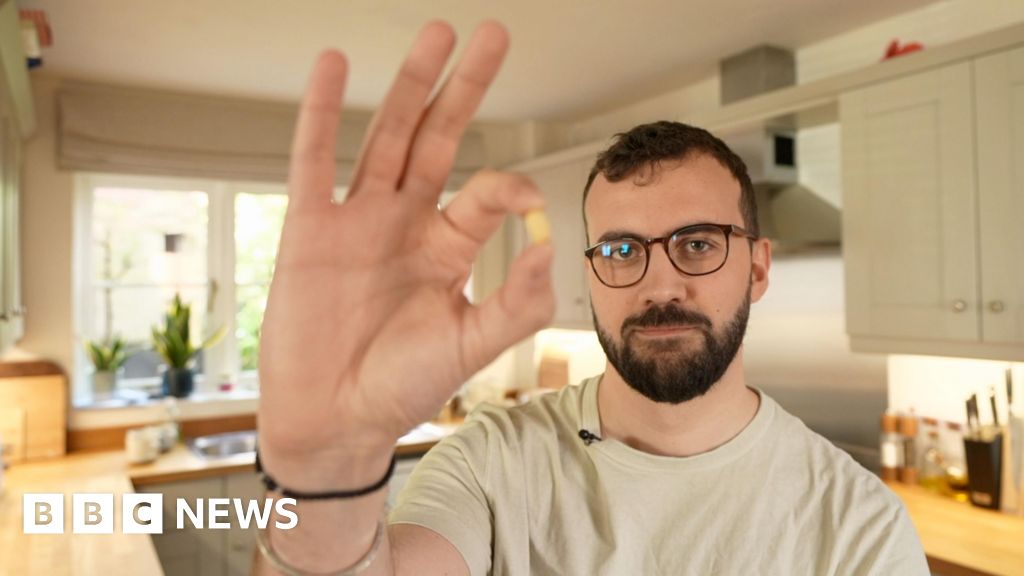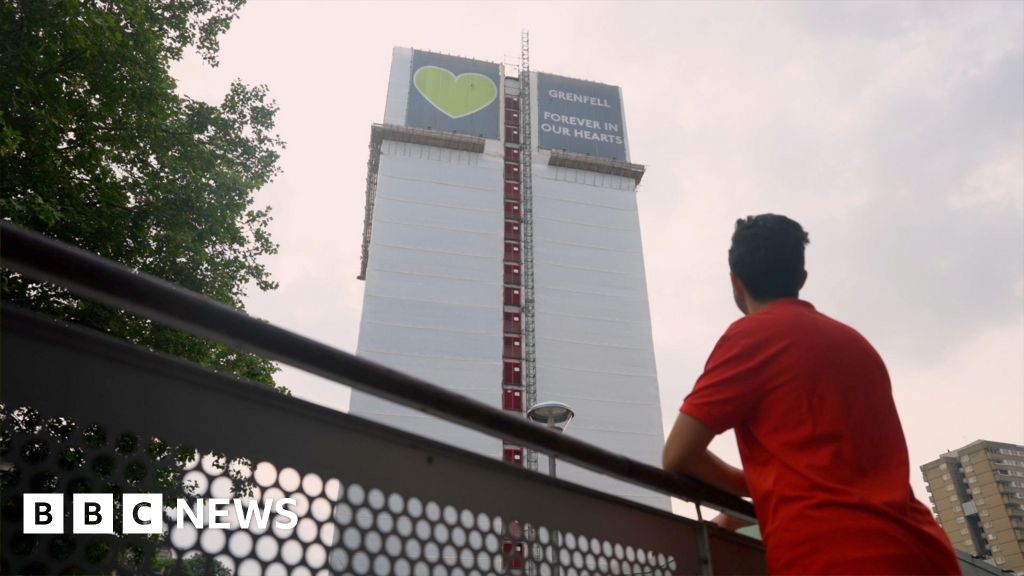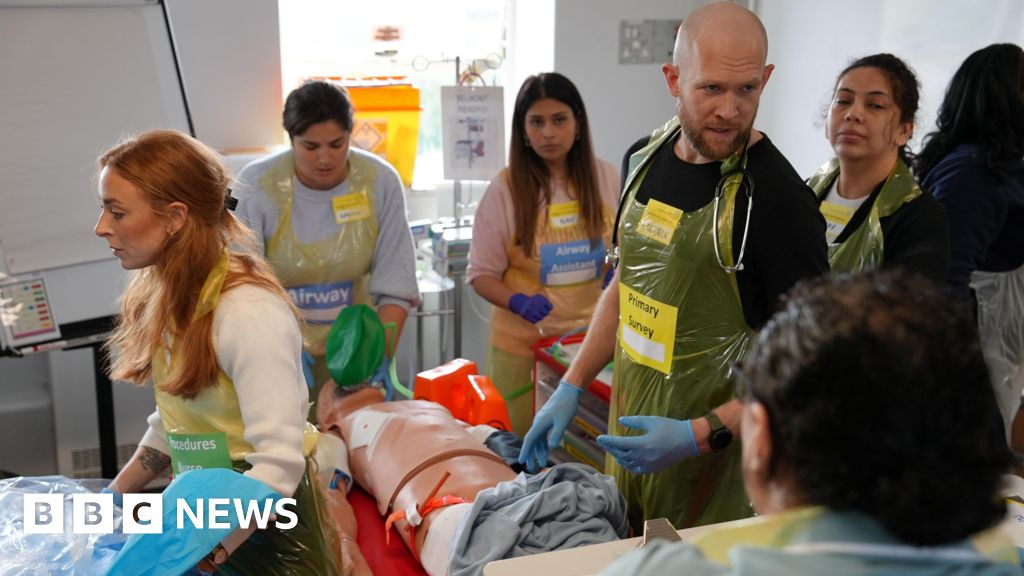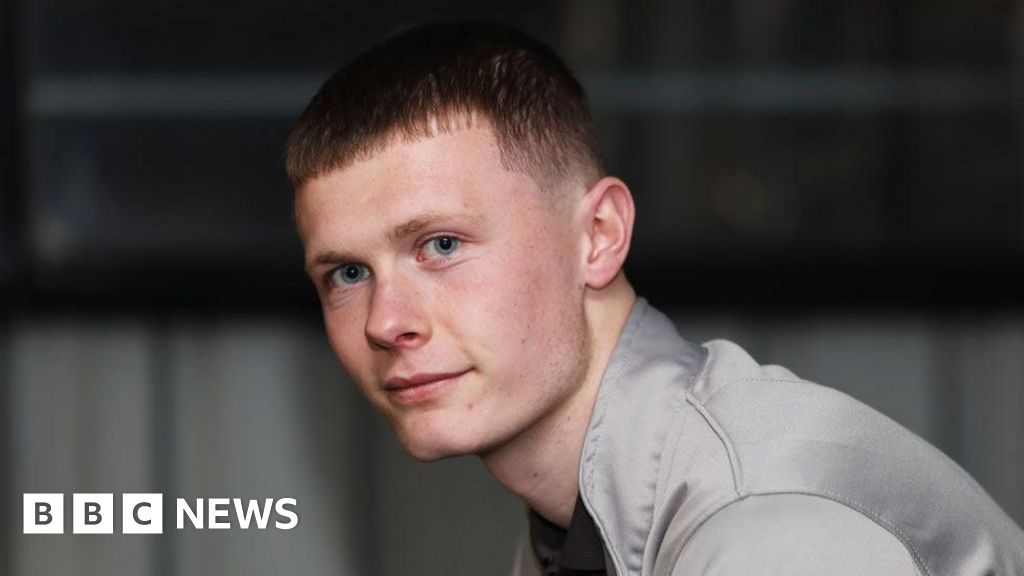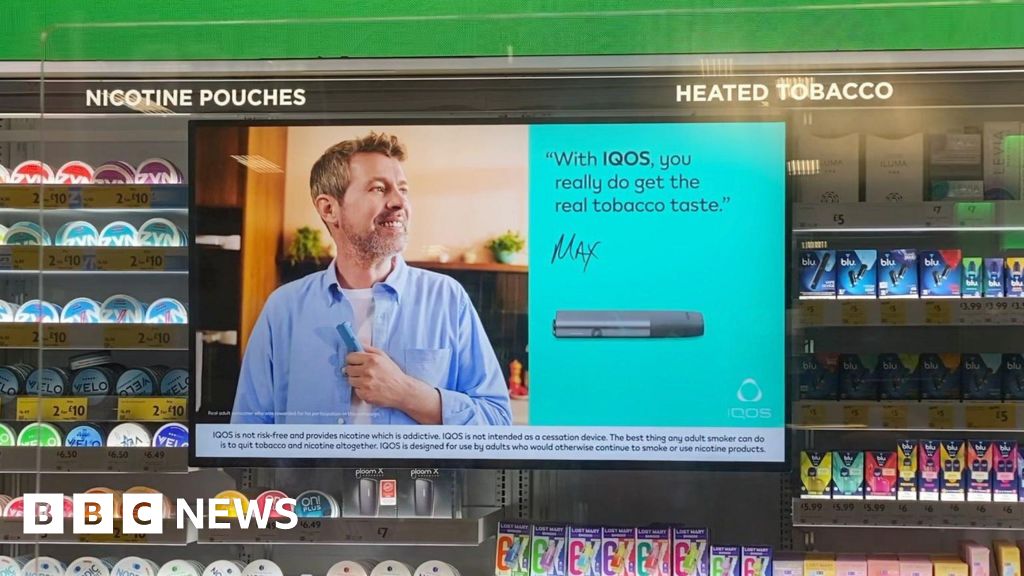Auto Amazon Links: No products found. Blocked by captcha.
Health reporter, Philippa Roxby, tells the story of Chris Brookes-Smith, a 28-year-old who lived in constant fear of dying from eating even the smallest trace of peanut. A traumatic experience a decade ago at a local Indian takeaway left him with his worst allergic reaction, etched into his memory. From spots on his lips to vomiting and throat closing up, the severity of his allergic reactions escalated with each exposure, leaving him feeling like he was going to die.
Avoiding peanuts, one of the most common food allergies, became a way of life for Chris and millions of adults with serious allergies. Eating out, attending social events, and traveling abroad were all laden with anxiety due to the potential risks. Approximately one in 200 adults and one in 50 children have nut allergies, which can persist from childhood into adulthood, often worsening with time.
To address these allergies, a clinical trial was conducted at Guy’s and St Thomas’ NHS Foundation Trust and King’s College London. The trial aimed to desensitize adults with severe peanut allergies, training their bodies to tolerate the allergen that once posed a life-threatening risk. Under medical supervision, participants like Chris consumed small amounts of peanut powder, gradually building up their tolerance over nine months.
The study, led by Professor Stephen Till, saw significant success, with 14 out of 21 patients, including Chris, able to consume the equivalent of five peanuts without adverse reactions by the trial’s end. The method, known as oral immunotherapy, shows promise in transforming the lives of individuals with severe allergies, granting them a sense of control and protection against accidental exposures.
While challenges lie in scaling up this treatment and ensuring its efficacy for a broader population, the trial’s participants experienced newfound freedom and reduced anxiety around food. Chris, who now includes four peanuts in his daily diet, acknowledges the life-changing impact of the trial, no longer living in fear of the once-debilitating allergies. With hope for broader accessibility of this treatment, he shares his story as a testament to the transformative power of medical advancements
Read the full article from The BBC here: Read More
Auto Amazon Links: No products found. Blocked by captcha.

